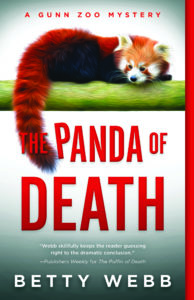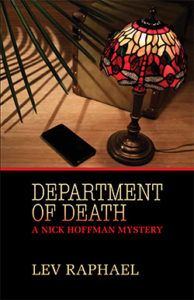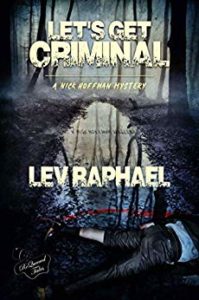Guest author: Betty Webb
Writers are an argumentative bunch, especially when it comes to the subject of critique groups.
Some writers advise newbies – but only newbies – to join a critique group, while other writers say never, never, not ever. Since my own critique group – the Sheridan Street Irregulars — just celebrated its 30-year anniversary, I’m definitely on the pro-group side. But with caution.
I had my first experience with critique groups around 35 years ago when living in New York and had just begun writing seriously. That group, which I’d learned about from a library flier, met monthly in a converted barn in Westchester County. We were all writing poetry, and we drank a lot. I’m not sure how much the group helped to hone my work (or my liver), but we sure had fun.
The second experience came about shortly after I’d moved to the Phoenix, AZ area. In that group, all genres were welcome, and the only rule was that alcohol wasn’t allowed. Ironically, I left that group after a fistfight broke out between a sober Western writer and a sober sci-fi writer after one of them had received a particularly nasty critique from the other.

At that point, I’d already had some of my poetry published in a literary magazine, seen one satirical novel published, had one play produced, and was writing three humor columns a week for newspaper syndication. Technically, I was no longer a newbie, but I still felt the need for other eyes on my work, so I spent a few months checking out more groups. Some I found too rigid, some too lax, and some were merely excuses for sitting around, drinking and discussing lofty views on “lit-er-a-ture.”
Disappointed with the local offerings, I decided to start my own critique group. The first thing I did was to take a hard look at the problems others groups had run into. To avoid them, I typed up a long list of rules, one of the rules being, “Never respond to the criticism of your work. Just say ‘Thank you,’ and move on.” Now, we all know that writers hate rules, but what was the alternative? Hurt feelings, fist fights and long, defensive monologues from inebriated writers who felt their manuscripts were being unfairly judged? (If you want to see the whole list, email me at webbscottsdale@aol.com and I’ll send you a copy.)
Then, in a daring move, I put an ad in the local newspaper, headlined WRITERS CRITIQUE GROUP FORMING. As could be expected, the first meeting was a large one, and it was a mess. Just about everyone broke the rules I had passed out. And some people, miffed by others’ critiques of their work, simply got up and stalked out, leaving a few obscenities in their wake. But a core group remained.
And we persevered. Thirty years after that messy first meeting, I’ve retired from my full-time job as a journalist, retired from my part-time job as a creative writing adjunct at the local college, retired from writing my column for Mystery Scene Magazine, and seen 18 of my novels published. But I still value the Sheridan Street Irregular’s opinions of my works-in-progress. Because of the group – we’re all traditionally-published novelists now – my number of drafts on any given project has dwindled from 17 to four. The “Streeters” catch all my plot holes and are ever-alert for unwieldy phrasing. But the most help that I get from the group is the reminder that Ernest Hemingway said “The first draft of anything is shit.”
Betty Webb is the author of the best-selling Lena Jones mysteries and the humorous Gunn Zoo mysteries. Before writing mysteries, she spent 20 years as a journalist, interviewing everyone from U.S. presidents to moon-walking astronauts, Nobel Prize-winners, and polygamy runaways.








